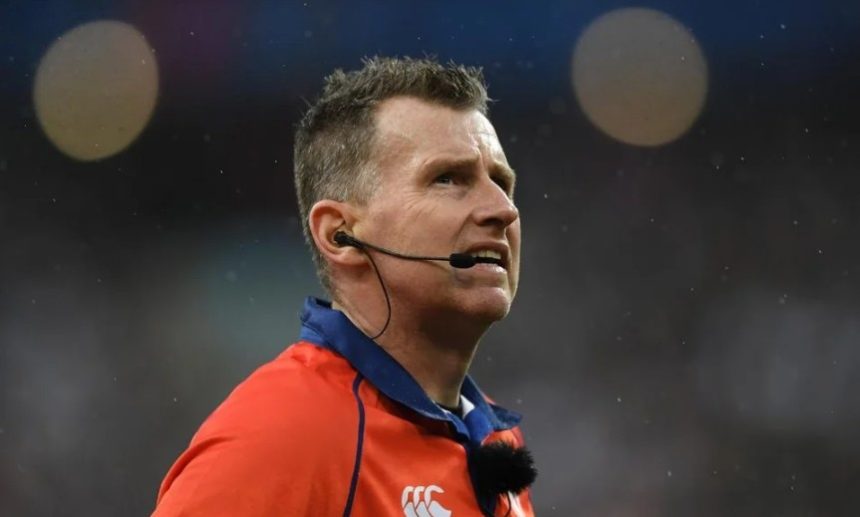Nigel Owens: Welsh Rugby’s Golden Opportunity That Cannot Be Missed
Nigel Owens has long been a respected voice in rugby, both on and off the field. Now, his observations offer a reality check that Wales can no longer afford to ignore. If the game in Wales is to thrive again on the international stage, sweeping reform must start from the ground up.
Last weekend’s contrasting fortunes across the rugby world painted a stark picture. England, missing key players due to Lions duties, managed to comfortably beat Argentina on their own turf. It was a display of depth, structure, and resilience. Meanwhile, Wales, with a near full-strength squad bar two Lions absentees, stumbled to a loss against a Japanese team far from its peak.
The defeat wasn’t just disappointing. It was telling.
“Tomos Williams is out for the Lions now, and was very unfortunate. Had he been fit, I think it was probably his position to lose, the way he started the tour out there.”
Injuries have certainly played their part, but the problem goes far beyond that.
“Jac Morgan, who was outstanding in his last game. If you’re picking a Test side on the basis of that performance, he’d be the first name on the teamsheet.”
Morgan is a rare bright spark. A player not even moulded through the traditional academy path. He represents what Welsh rugby could still produce—if given the right environment. But the truth is, not enough Morgans are emerging. Not anymore.
The Lions’ latest outing featured no Welsh player in the matchday squad. That hasn’t happened in decades. It signals more than just a bad season. It’s a system crying out for help.
Welsh rugby, according to Owens, is plagued by deeper issues—leadership voids, an unstable domestic competition, and a disconnect between grassroots passion and professional performance. The URC may have some highlights thanks to the Ospreys and Scarlets, but overall, regional rugby is struggling.
“Judgement Day would reach more than 60,000 supporters in our iconic stadium.”
Now, even the local derbies fail to capture the passion they once did. Stands are emptier. Atmosphere is thin. The famous Welsh rugby culture feels fractured.
And the exodus of legendary players hasn’t helped. With the retirement or departure of household names, the current squad lacks the gravitas and experience to lead a resurgence.
Yet Owens believes the solution lies closer than many think.
“I think the Premiership now could really be the jewel in the crown.”
The Welsh Premiership, once a proud breeding ground, has been tossed about—expanding, shrinking, rebranding. The lack of consistency has left fans disenchanted and players unsure of their future. But rebuild it properly, Owens argues, and it can restore Wales’ lost competitive edge.
Supporters may not naturally flock from club loyalty to regional teams, but with a clear pathway from community clubs through a vibrant Premiership to successful regions, they just might follow their players.
“If a supporter sees three or four of their players going off to play for the regions above packed full of top-quality players… they might be more inclined to go and support them.”
The idea isn’t nostalgia. It’s necessity. Financial constraints made the regional model inevitable, but ignoring local strongholds in that process has weakened the sport’s base. A strong 12-club Premiership can be the missing link—both in performance and identity.
Yes, reducing pro clubs was a hard but necessary move. But the fallout has never truly been addressed. The tribalism of Welsh rugby won’t fade. But it can be channelled into something positive.
At the moment, the Welsh game feels lost in transition. From schools to clubs, from academies to regions—nothing is working in harmony. And the national team is left exposed, lacking the foundations needed to climb again.
“You can’t build a skyscraper on the foundations of a bungalow, remember.”
Owens’ warning is clear. Welsh rugby still has potential. Still has its heartbeat. But without structural reform and reconnection with its roots, the sport risks sliding further into mediocrity.
Reignite the Premiership. Rebuild the pathways. Reclaim the crowd.
Or risk losing the crown jewels for good.






